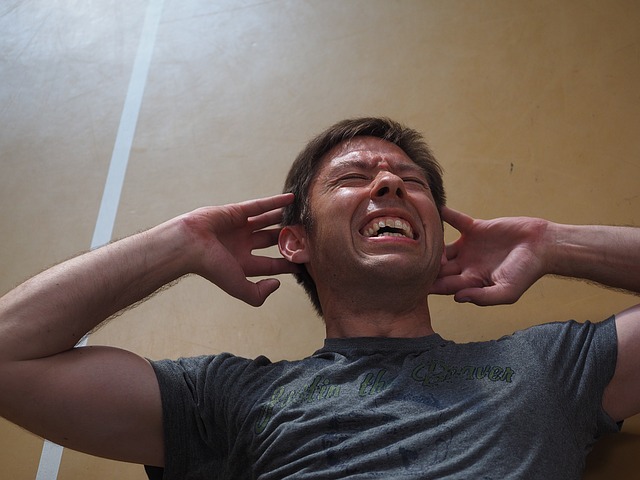Warning: Here Are The Signs You’re Overtraining
Are you overtraining? While getting fit and healthy should be your main goal, the last thing you want to do is burn yourself out or potentially injure yourself. Here are some warning signs that you’ve been training too hard.
Extreme muscle soreness
While it’s normal to experience some form of muscle pain after working out, this should not last for too long. Sure, repetitive actions can cause strain but they shouldn’t do lasting damage to your body. If you find that you’re muscles are sore for more than 72 hours after your last workout, there is a real problem there.
Aside from being uncomfortable, this problem could be symptomatic of a genuine health issue too like a muscle or tendon injury. Don’t mistake genuine pain for the normal soreness you feel post-activity. There’s a huge difference there.
Fast resting heart rate
If you wear a fitness tracking device, it should be simple to check out your resting heart rate and see whether there have been any changes to it. Your heart shouldn’t be accelerated when you are not engaged in a form of physical activity.
For adults, a ‘normal’ rate should be between 60 and 100 BPM, according to the Mayo Clinic. Should you see this rate soaring in the days after a workout, there may be a problem. It’s worth consulting with a medical professional if this issue persists.
Low or erratic moods
Make no mistake, everyone experiences mood swings and natural lows from time to time. If you find that you’re experiencing signs of depression or wild mood swings, however, you may find that your hardcore training regimen could be to blame.
Since activity drains your energy levels, you could find that this has a direct impact on your day to day emotions. Burning yourself out physically can lead to a range of mental ailments, such as anxiety, stress, and even depression.
Significant weight loss
Of course, weight loss is to be expected when you start training (unless you are bulking up!). Extreme weight loss is a problem, though, and that’s something that you should always keep in mind. While most people naively assume that all weight loss is great for their health, some forms of it can be potentially harmful.
The Centers for Disease Control guidelines suggest that a ‘normal’ amount of weight loss is around one to two pounds per week. That amount is sustainable, meaning that you will be able to easily keep the weight off too. Any more than that could be considered a problem. Consult your doctor if you are worried about this issue.
Lack of sleep
If you find that it’s hard to drop off to the land of nod, you may want to consider how much you’re training each day. The truth of the matter is that all activity releases hormones into your body. In small doses, these hormones can help you regulate your moods and sleep patterns. However, an overload of them can have the opposite effect and even lead to insomnia in extreme cases.
Remember that your body grows and recovers when you’re resting and sleeping. If you don’t give your body an adequate amount of time to rest and recover, you could end up with some serious issues.
Conclusion
Taking the time to recover after you’ve been working out is as important as any other part of your exercise regime. When you miss this aspect out, you could find that you burn out sooner rather than later. It’s not worth it. Be sensible and kind to your body. That way, you can reach your fitness goals without damaging your muscles or well-being.







